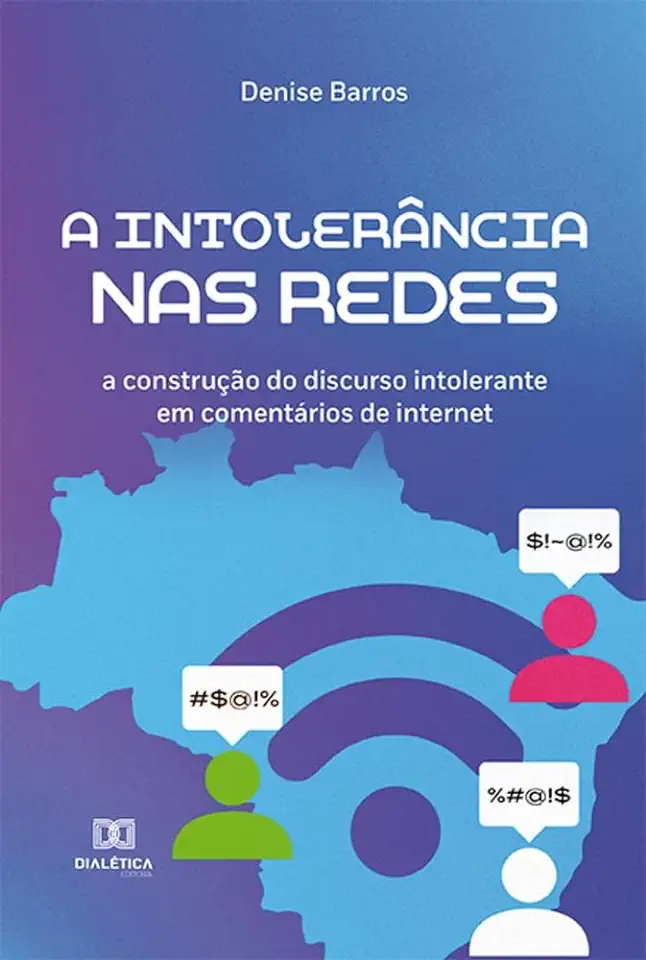
Intolerance on the Networks - Denise Barros
Intolerance on the Networks: A Critical Examination of Online Hate Speech
Introduction
In the age of social media, online hate speech has become a pervasive problem. From racist and sexist slurs to threats of violence, this type of speech can have a devastating impact on individuals and society as a whole. In her book, "Intolerance on the Networks," Denise Barros provides a comprehensive analysis of online hate speech, examining its causes, consequences, and potential solutions.
Causes of Online Hate Speech
Barros argues that online hate speech is fueled by a number of factors, including:
- The anonymity of the internet: The internet provides a platform for people to express their views without fear of being identified. This anonymity can embolden people to say things that they would never say in person.
- The spread of misinformation: Misinformation and conspiracy theories can spread rapidly online, creating an environment in which hate speech is normalized.
- The rise of populism: Populist politicians often use hate speech to scapegoat minority groups and consolidate power. This can legitimize hate speech and make it more acceptable in mainstream discourse.
Consequences of Online Hate Speech
Online hate speech can have a number of negative consequences, including:
- Psychological harm: Hate speech can cause psychological harm to individuals who are targeted. This can include feelings of anxiety, depression, and isolation.
- Physical harm: Hate speech can also lead to physical harm. For example, studies have shown that hate speech is correlated with an increase in hate crimes.
- Social division: Hate speech can divide society by creating an atmosphere of fear and distrust. This can make it difficult for people to come together and work towards common goals.
Solutions to Online Hate Speech
Barros argues that there are a number of things that can be done to address online hate speech, including:
- Education: Educating people about the harms of hate speech is an important first step in combating it. This can be done through schools, the media, and community organizations.
- Content moderation: Social media platforms need to do more to moderate hate speech on their platforms. This can include removing hateful content, banning users who engage in hate speech, and working with law enforcement to investigate threats of violence.
- Legal action: In some cases, legal action may be necessary to address online hate speech. This can include civil lawsuits and criminal prosecution.
Conclusion
Online hate speech is a serious problem that has a number of negative consequences for individuals and society as a whole. However, there are a number of things that can be done to address this problem. By educating people about the harms of hate speech, moderating content on social media platforms, and taking legal action when necessary, we can create a more inclusive and tolerant online environment.
Why You Should Read This Book
"Intolerance on the Networks" is a must-read for anyone who is concerned about the rise of online hate speech. Barros provides a comprehensive analysis of this important issue, and she offers a number of practical solutions that can be used to address it. This book is essential reading for anyone who wants to create a more inclusive and tolerant online environment.
Enjoyed the summary? Discover all the details and take your reading to the next level — [click here to view the book on Amazon!]